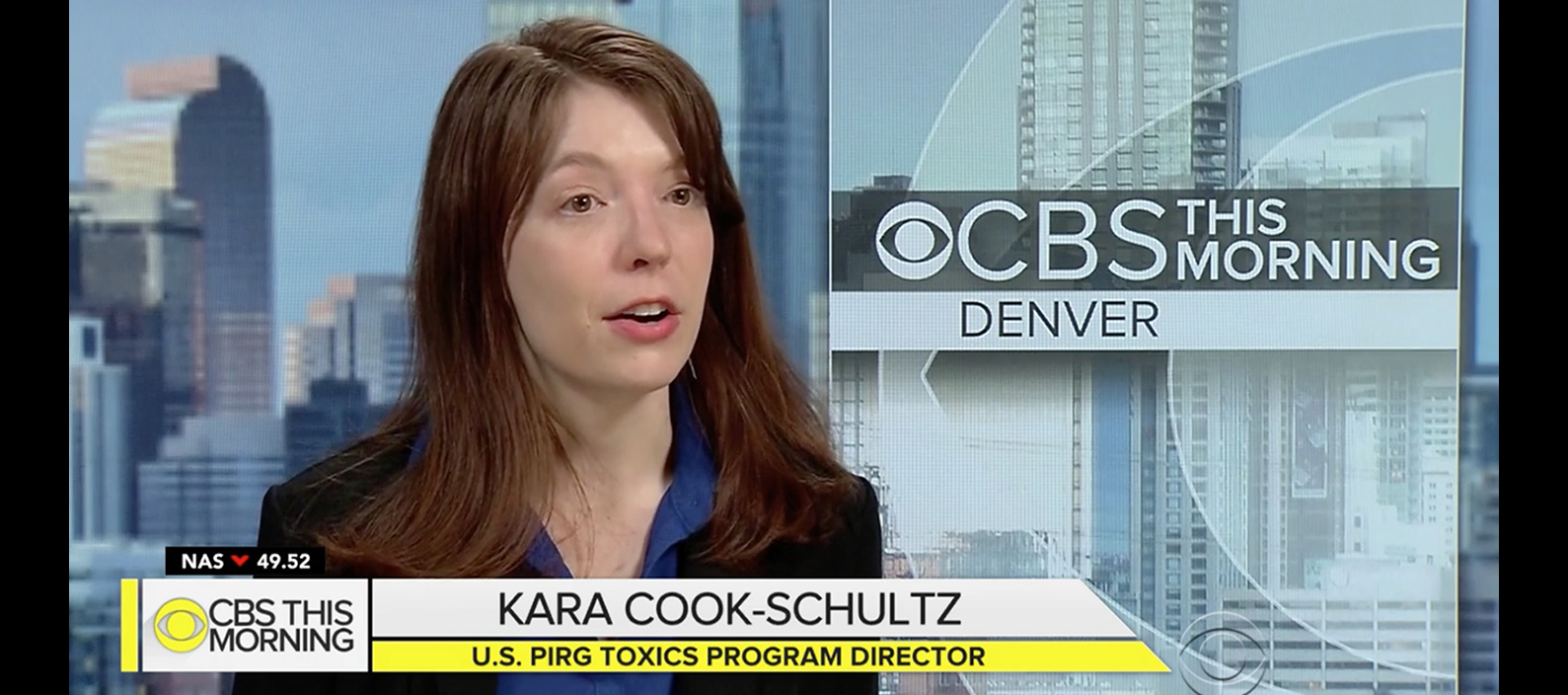
U.S. PIRG Education Fund Report Leads Target To Remove Lead-Laden Fidget Spinners From Stores
In November, Target removed two fidget spinner models from its shelves after U.S. PIRG Education Fund research revealed dangerous levels of lead in the toys.

The research was published in our 32nd Trouble In Toyland report, an annual effort in which we warn consumers about dangerous children’s products for sale online and in stores across the country before the holiday shopping season.
This year, we found two models of fidget spinners sold at Target contained up to 300 times the legal limit for lead in children’s products.
When we initially called on Target to remove the toxic spinners from its website and stores, the company declined to act, saying that the spinners aren’t children’s products and therefore the federal lead regulations for children’s products do not apply. So we spread the word through major media outlets including CBS and The Washington Post. Within days of releasing our test results, Target had pulled both fidget spinner models from its shelves.
Now, we’re urging the Consumer Product Safety Commission (CPSC), Target and the manufacturer, Bulls-i-Toy, to fully recall these harmful products.
Another new threat facing consumers this year? Data-collecting toys.
Our report highlights a popular doll, called “My Friend Cayla,” which has a hidden microphone and an unsecured Bluetooth connection that allows anyone within range to spy on your family and talk to your child.
The doll, banned by German authorities in February for violating the country’s privacy laws, falls into a new class of internet-connected toys that contain sensors, microphones, cameras, data storage and other multimedia capabilities that could put children’s safety at risk.
U.S. PIRG Education Fund’s Kara Cook-Schultz, one of the report’s authors, told CBS News that consumers should be aware what toys like “My Friend Cayla” can mean for their children’s privacy.
“If you are an adult and have decided to share data with an internet-connected device, fine,” Cook-Schultz said. “But if you’re a child, you probably have no idea that this doll that you think of as a friend can be used to spy on you.”
This year’s Trouble In Toyland report aligns with a longstanding U.S. PIRG mission — protecting our children from dangerous products. Over the past 30 years, U.S. PIRG research has led to more than 150 regulatory actions and recalls of unsafe toys.
We’re already looking forward to the new year, when we’ll continue our efforts to promote toy safety with our next Trouble In Toyland report.
Read the full 2017 Trouble In Toyland report here.
Topics
Find Out More


A look back at what our unique network accomplished in 2023

Mastercard, don’t sell my data

